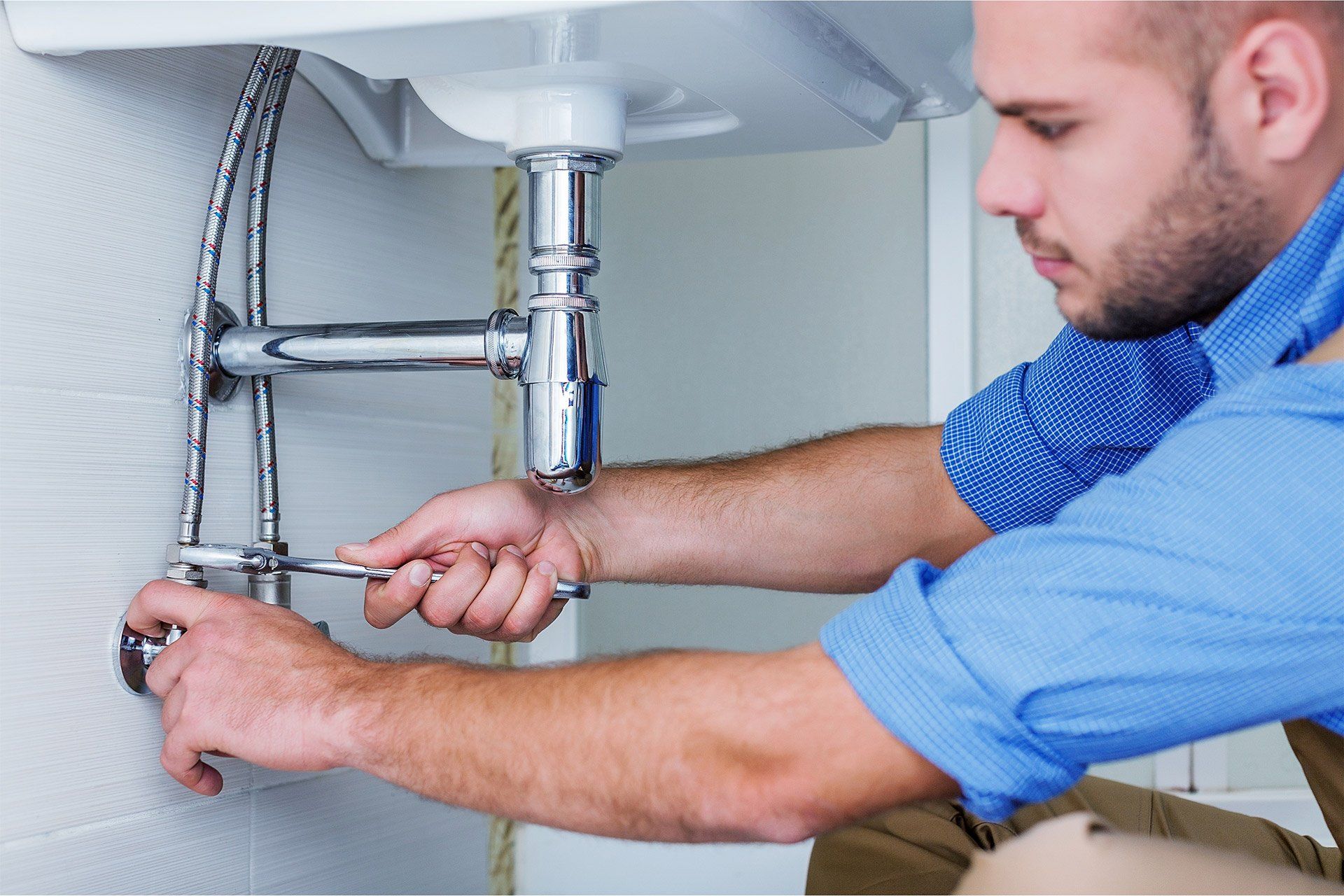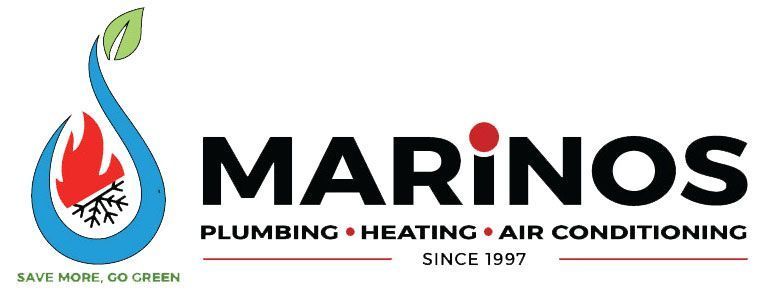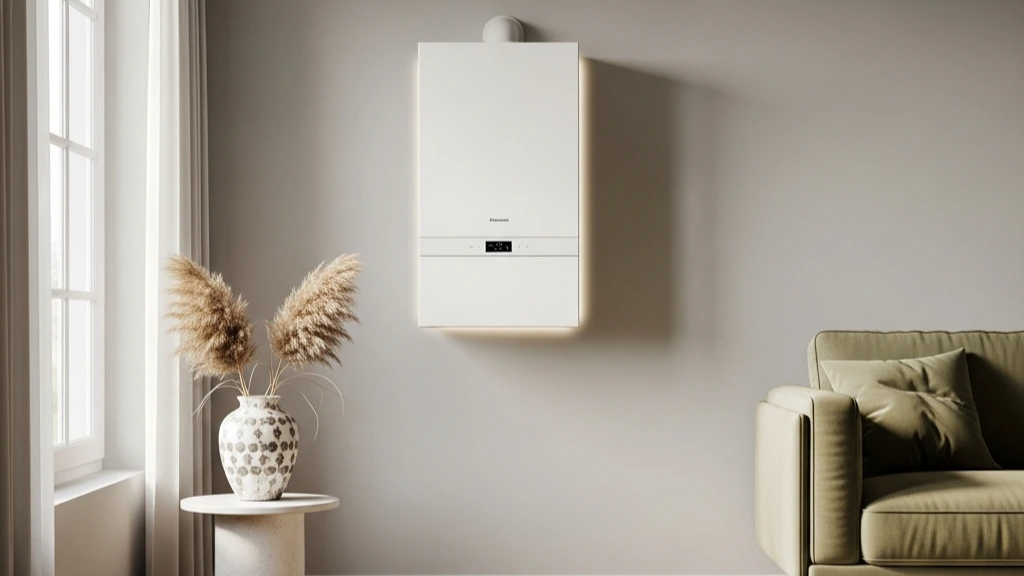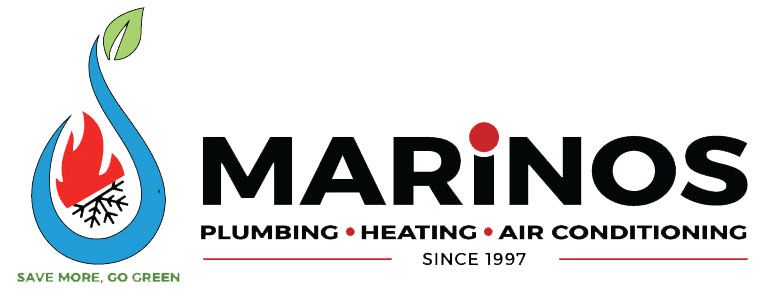Seasonal Cleaning Services: A Must-Have for Canadian Homeowners

Canadian homes experience temperature extremes, humidity changes, and seasonal allergens. These shifts affect air quality, plumbing systems, and heating efficiency. Marino’s Plumbing & Heating offers seasonal cleaning services designed for Canada’s climate, ensuring year-round comfort, health, and home value protection.
Why Is Seasonal Cleaning Essential for Canadian Homes?
Seasonal cleaning is more than tidying—it’s preventive maintenance.
- Improves indoor air quality by reducing dust, mold, and allergens.
- Prevents plumbing damage from frozen pipes or clogged drains.
- Boosts energy efficiency by keeping heating and cooling systems clean.
- Protects property value with well-maintained interiors and exteriors.
- Enhances comfort by creating clean, welcoming living spaces.
📊 According to Health Canada, poor indoor air quality contributes to respiratory issues in 1 in 3 Canadian households. Regular cleaning helps reduce these risks.
How Does Seasonal Cleaning Improve Indoor Air Quality?
Indoor air is 2–5 times more polluted than outdoor air (U.S. EPA). In Canada, closed windows during winter trap pollutants.
Seasonal cleaning helps by:
- Vacuuming with HEPA filters to capture allergens.
- Cleaning HVAC ducts and filters to prevent dust circulation.
- Removing mold and mildew from damp areas like basements.
- Washing curtains and upholstery that collect pollen and dander.
How Does Regular Cleaning Prevent Plumbing Issues?
Canadian winters cause pipes to freeze and burst, leading to thousands in water damage. Seasonal cleaning and maintenance prevent this by:
- Clearing drains and gutters to reduce water backup.
- Insulating pipes in exposed areas.
- Winterizing outdoor taps and irrigation lines.
- Checking sump pumps to prevent basement flooding in spring.
What Seasonal Cleaning Services Are Offered?
Marino’s Plumbing & Heating offers services tailored to seasonal needs.
| Season | Primary Goal | Key Services | Benefits |
|---|---|---|---|
| Spring | Allergy control & reset | Carpet shampooing, gutter cleaning, and window washing | Fresher air, pest prevention, better drainage |
| Summer | Outdoor enjoyment | Deck washing, pool cleaning, patio maintenance | Safe gatherings, improved curb appeal |
| Fall | Winter preparation | Furnace cleaning, chimney sweeping, pipe insulation | Lower heating bills, fire safety, freeze protection |
| Winter | Comfort & safety | Snow removal, entryway cleaning, humidifier checks | Safer walkways, balanced indoor climate |
What Is Included in Spring Cleaning Services?
Spring cleaning prepares homes after snow, salt, and condensation damage.
- Gutter cleaning prevents roof leaks.
- Window washing restores natural light.
- Carpet deep cleaning removes winter dust and allergens.
- Basement inspection detects mold growth from melting snow.
How Does Fall Cleaning Prepare a Home for Winter?
Fall cleaning is vital in Canada, where winters can hit -30°C.
- Furnace tune-ups improve efficiency and reduce heating costs.
- Chimney and fireplace cleaning prevent creosote buildup and fire hazards.
- Pipe insulation protects plumbing against freezing.
- Leaf removal prevents gutter blockages and ice dams.
What Services Are Provided During Winter Cleaning?
Winter cleaning reduces risks caused by snow, ice, and indoor heating.
- Snow and ice removal reduces slip hazards.
- Vent and humidifier cleaning balances dry winter air.
- Salt residue removal protects floors and carpets.
- Attic inspections identify ice damming or poor insulation.
How Does Summer Cleaning Support Outdoor Living?
Summer in Canada means BBQs, guests, and outdoor living.
- Power washing decks and patios restores wood and stone.
- Pool maintenance prevents algae growth and equipment damage.
- Garage and shed cleaning increases storage efficiency.
- Outdoor furniture cleaning extends lifespan and improves hygiene.
Why Choose Marino’s Plumbing & Heating for Seasonal Cleaning?
Marino’s Plumbing & Heating offers more than basic cleaning.
- Integrated services: Plumbing, heating, and cleaning under one roof.
- Certified technicians: Knowledgeable about Canadian building systems.
- Preventive focus: Early detection of leaks, cracks, or inefficiencies.
- Local expertise: Services tailored for Canadian climate challenges.
- Customer trust: Positive local reputation and service guarantees.
When Should You Book Seasonal Cleaning in Canada?
Booking should match seasonal changes:
- Spring (March–April): Clear winter buildup and prepare for pollen.
- Summer (June): Refresh outdoor areas before gatherings.
- Fall (Sept–Oct): Winterize before freezing temperatures.
- Winter (Dec–Jan): Manage snow, heating, and indoor comfort.
📌 Tip: Booking two weeks before a season change ensures technician availability and priority scheduling.
How Can You Schedule Cleaning Services Easily?
Marino’s Plumbing & Heating makes booking simple:
- Call or book online for seasonal cleaning.
- Choose a seasonal package based on your home’s needs.
- Confirm a service date before peak seasonal demand.
Regular cleaning prevents emergencies, improves home efficiency, and protects your investment.




